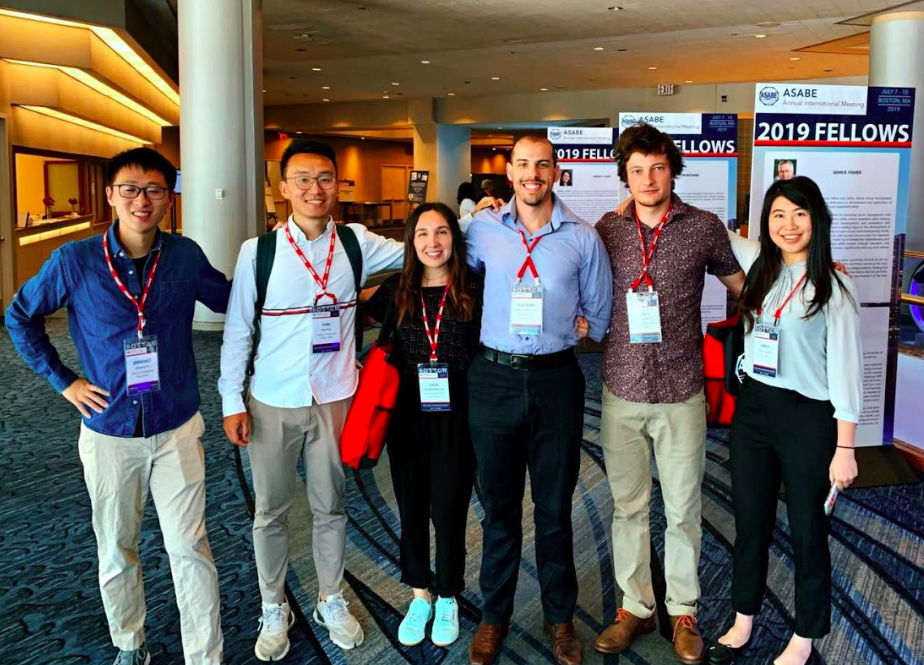Effect of the earliness of transporting requests on dispatching of Field Serving Units in robot-aided harvesting
Date:
An emerging trend in agricultural field operations is the deployment of supervised autonomous teams of cooperating agricultural self-propelled machines. During such operations several machines (Agricultural Primary Units - APUs) perform the main field task (e.g., spraying, harvesting), and other machines (Field Service Units - FSUs) provide in-field logistics support, i.e., they transport working materials (chemicals, crop) between APUs and other units stationed outside the field. The same concept is being researched for robot-aided harvesting of specialty crops. For example, in strawberry harvesting, each picker (APU) harvests and fills up a tray; a mobile robot (FSU) travels to the picker and when their tray is full, it transports it to a field unloading station. Reactive scheduling policies for FSUs (go to a picker when tray becomes full) are not efficient, because FSUs may have to traverse large distances to reach pickers, thus introducing large waiting times. 
